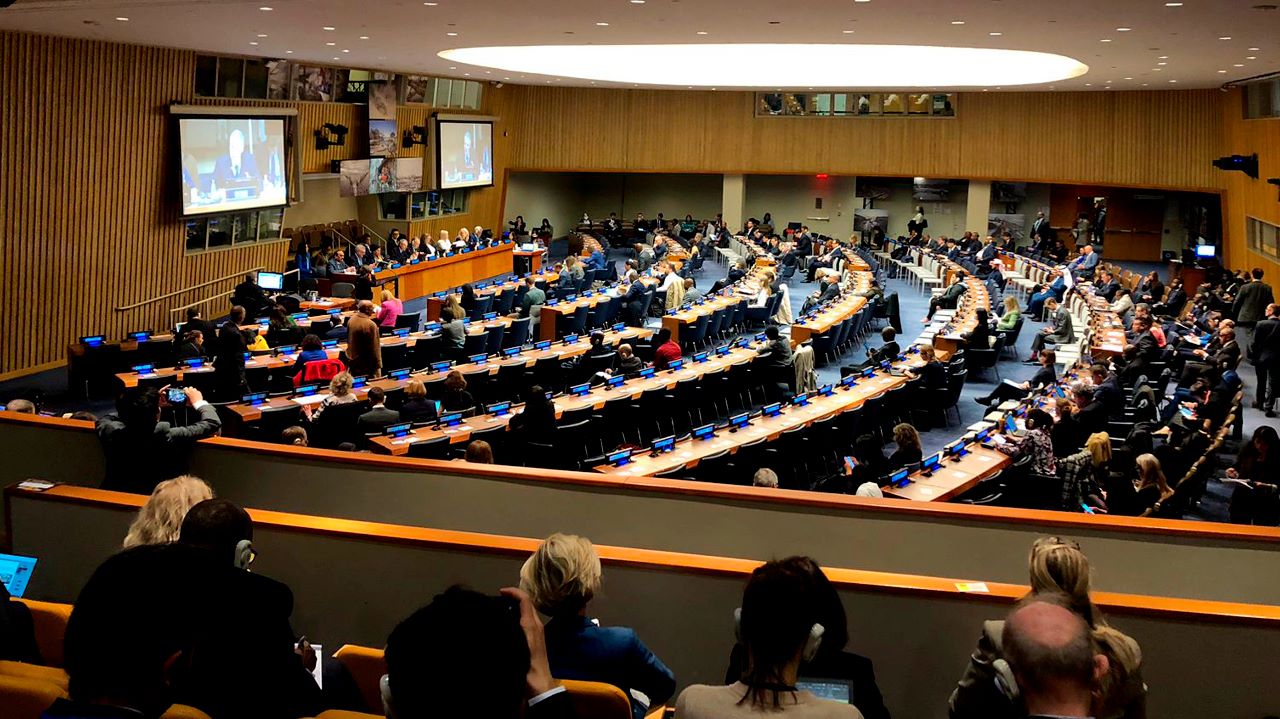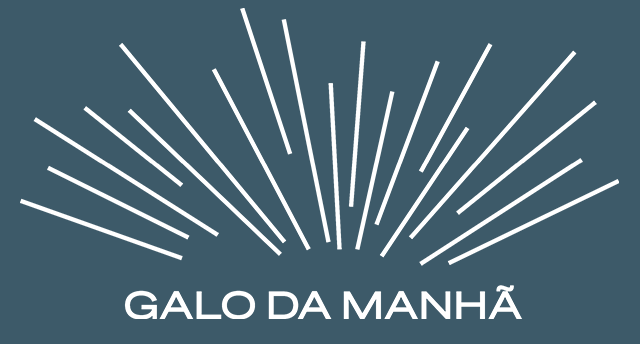IAS: 5 years working on behalf of sanitation issues
Since 2019, the Institute has worked to qualify and expand the debates related to sanitation through the organization of knowledge, monitoring of laws and public policies and coordination of different social actors
Published in 18 Apr 2024
Written by By the IAS team
Tags:

On April 18, 2019, the Water and Sanitation Institute (IAS), a civil society organization whose mission is to expand access to sanitation to the entire Brazilian population, was founded. According to the 2022 Census, one in four Brazilians still has no access to sanitation..
Through research, mobilization, and the gathering of various participants from both the government and the private sector, IAS has attempted to place sanitation at the center of discussions on human rights, poverty reduction, and the provision of environmental services.
To highlight this date, we have selected five special moments from this journey.
The beginnings
On March 31, 2020, IAS published its first report, named “Saneamento 2020: Passado, Presente e Possibilidades de Futuro para o Brasil” (Sanitation 2020: Past, Present and Future Possibilities for Brazil). This document describes the history of sanitation in Brazil until the significant moment in July 2020 when the Brazilian Congress approved the revision of the 2007 Sanitation Legal Framework.
IAS Dialogues, a cycle of online discussions, was held in June 2020 as the first attempt to put into practice a multidisciplinary and coordinated project by civil society in the face of the immense challenges. Participants included public administration managers and technicians, professors and researchers, representatives of the private sector, activist journalists, who were all grouped according to their areas of expertise. The cycle generated a publication with the same name..
Organization of knowledge
Among the IAS's operating strategies are the organization, production and dissemination of current information on sanitation in Brazil: data, laws, public policies, civil society initiatives, and local and community solutions, seeking to bring sanitation to the attention of the public.
Since 2020 the IAS website has provided news, analyses, and publications on sanitation in Brazil. The "Sanitation" reports, published in 2020 and 2021, make a broad and detailed overview of the sector. The publication from 2021 details the changes in the Legal Framework review in accessible language.

The platform Municípios e Saneamento (Municipalities and Sanitation) platform is also part of the drive. It is a tool where one can consult more than 160 information items and indicators from different official sources on municipal sanitation policies and service providers for water supply, sewage, rainwater drainage, and solid waste management, as well as data on the provision of sanitation.
Video series "Projetos e Iniciativas" (Projects and Initiatives), created in support of Rede Saneamento Tem Solução (Solutions for Sanitation Network), debuted in 2021 on YouTube with innovative solutions to the challenge of bringing sanitation to everyone in regions where large networks are not viable. Each episode features inspiring narratives from communities fighting for the dignity and health brought by access to adequate sanitation facilities. These are stories of individuals and organizations joining forces to tackle the global sanitation crisis through sustainable approaches that aim for a cleaner future.
Monitoring of public sanitation policies
Also within the purpose of disseminating knowledge and qualifying the debate, IAS launched in 2021 the Observatório do Marco Legal (Sanitation Legal Framework Observatory), an interactive platform with data on how the implementation of the framework has taken place in various states, with detailed information on the new arrangements created in the states, including draft bills, approved laws, public hearings and consultations, articles and sectoral debates in texts, and audios and videos from all of the states where laws have been approved or are being considered.
This material includes links in the form of a timeline, regional maps, and the main indicators according to region. The data explorer makes it possible to access the main indicators of the National Sanitation Information System (SNIS) for the sanitation regions established in the various states, in addition to other administrative bodies such as the River Basin Committees.
World Toilet Day
Celebrated annually on November 19 by the UN, World Toilet Day was created to draw attention to and encourage solutions to the lack of sanitation that still afflicts a large part of humanity.
Since 2020 the IAS has sought to give visibility to World Toilet Day as a way to encourage discussion on sanitation in Brazil, bringing together those involved in the area to give visibility to the large sanitation deficit in Brazil and further the debate on the topic, reinforcing its links to other areas and disseminating solutions for the universal access to sanitation.

The Rede Saneamento Tem Solução (Sanitation Can Be Solved Network) came about as a result of the actions on World Toilet Day and for the last four years has held cycles of discussions with different participants in various aspects of sanitation. In 2023 there were six round tables and 26 contributors, including activists, academics, technicians, and representatives of companies, public authorities and organizations.
Also in 2023, IAS promoted a campaign together with the "artivist" Mundano, who spread toilet lids throughout São Paulo with QR Codes that led to a special website with information about sanitation deficiencies and contributions that each individual can make for a better future.

Articulation and networks
In addition to organizing knowledge and producing content, one of the pillars of its work is the mobilization of partners and actors in the sector in important campaigns and events. World Toilet Day is an example of this mobilization.
A 2023 milestone was the association of the IAS with partner organizations, which resulted in the participation of representatives from the Ministry of the Environment and Climate Change (MMA) and the Ministry of Foreign Affairs (MRE) in the United Nations (UN) 2023 Water Conference, held at the UN headquarters in New York from March 22 to 24.
At the event more than 700 voluntary commitments were made to the Water Action Agenda, with the IAS, together with 13 partners, registering the commitment "Joining Efforts for the Universalization of Sanitation in Brazil.”
It is in this spirit that we renew the vision that has guided the IAS over the last five years. The challenge to provide fair and sustainable universal sanitation can be achieved through mobilization, creative policies and social participation.


